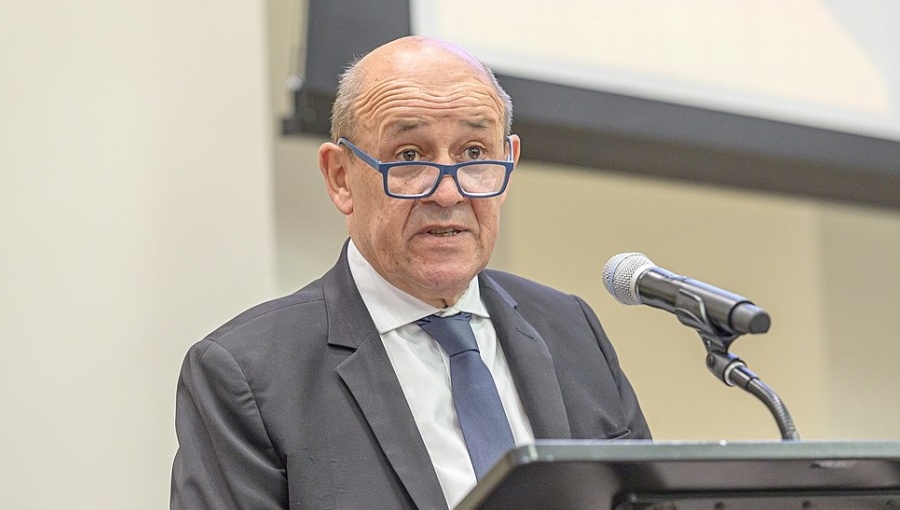Iran needs to decide within days whether to accept revised nuclear deal says France

Iran has reached a crossroads and must decide within days whether to accept the text of a revised nuclear deal, or JCPOA, accepted by China, Russia, the European powers and the US, according to a briefing given by France’s foreign minister, Jean-Yves Le Drian, on February 16.
Le Drian’s statement places the onus on Tehran to face up to decision time by either accepting or rejecting the effort at the ongoing Vienna talks to relaunch the landmark multilateral agreement sealed in 2015. The JCPOA was introduced to ensure Iran verifiably keeps its nuclear development programme entirely peaceful in nature in return for the lifting of heavy sanctions—but it was abandoned in May 2018 by ex-US president Donald Trump in favour of piling on more sanctions in a "maximum pressure" attempt at forcing the Iranians to agree stricter curbs on their nuclear and other activities that have a strong bearing on Middle East affairs.
“We have arrived at the hour of truth. It is not a question of weeks, it is a question of days. We have arrived at a point of sufficient convergence with the other countries, the accord is within reach,” Le Drian told the French Senate.
“They [Iran] have a very clear choice, either they trigger a serious crisis in the coming days … or they accept the agreement that respects the interests of all the parties.”
Later in the day, Iran’s lead nuclear negotiator, Ali Bagheri Kani, tweeted: “After weeks of intensive talks, we are closer than ever to an agreement; nothing is agreed until everything is agreed, though. Our negotiating partners need to be realistic, avoid intransigence and heed lessons of past 4yrs. Time for their serious decisions.”
A complication in completing an acceptable reformulated JCPOA acceptable to all signatories is that Tehran is increasingly pushing for a political statement from the US Congress to the UN security council in support of the US returning to the deal. Such statements could also come from other parliaments of deal participants, suggested Iranian foreign minister Hossein Amir-Abdollahian in a February 16 interview in the Financial Times. The statements would have no legal force but would at least have high symbolic value.
Amir-Abdollahian’s proposal comes with signs that bipartisan opposition to restarting the JCPOA is growing in the US Congress. This is a difficulty for Iran in that Trump four years ago abruptly and unilaterally walked out of the signed deal, disrespecting diplomatic convention, while his successor, Joe Biden, has no way of ensuring that the actions of his successor in foreign policy will not undo the work put in place by his administration.
Amir-Abdollahian, in the FT interview, said the Iranian public could not simply accept a statement from the US president that he did not intend to leave the deal, something Biden has already formally stated.
Iran’s top diplomat also discussed another obstacle to the successful completion of negotiations, namely how Iran wants the Vienna talks to lead to the complete lifting of sanctions, while the Biden administration only wants to lift the economic sanctions imposed on Iran during the Trump era. The difference between the two sides was “a challenge”, Amir-Abdollahian said.
Despite the mounting opposition in Washington to recommitting to the nuclear deal, a Morning Consult poll in the US, released on February 16 showed that 53% of respondents backed the JCPOA, while only 24% opposed it. The pollsters surveyed 2,005 US-registered voters.
Separately, South Korea and Iran have this week held working-level talks on the Koreans resuming imports of Iranian crude oil and unfreezing around $7bn of Iranian funds held in the East Asian nation, South Korea's foreign ministry said on February 16. Both moves would be made possible by a revived JCPOA. As things stand, US sanctions stand in the way of such oil and capital flows.


Follow us online